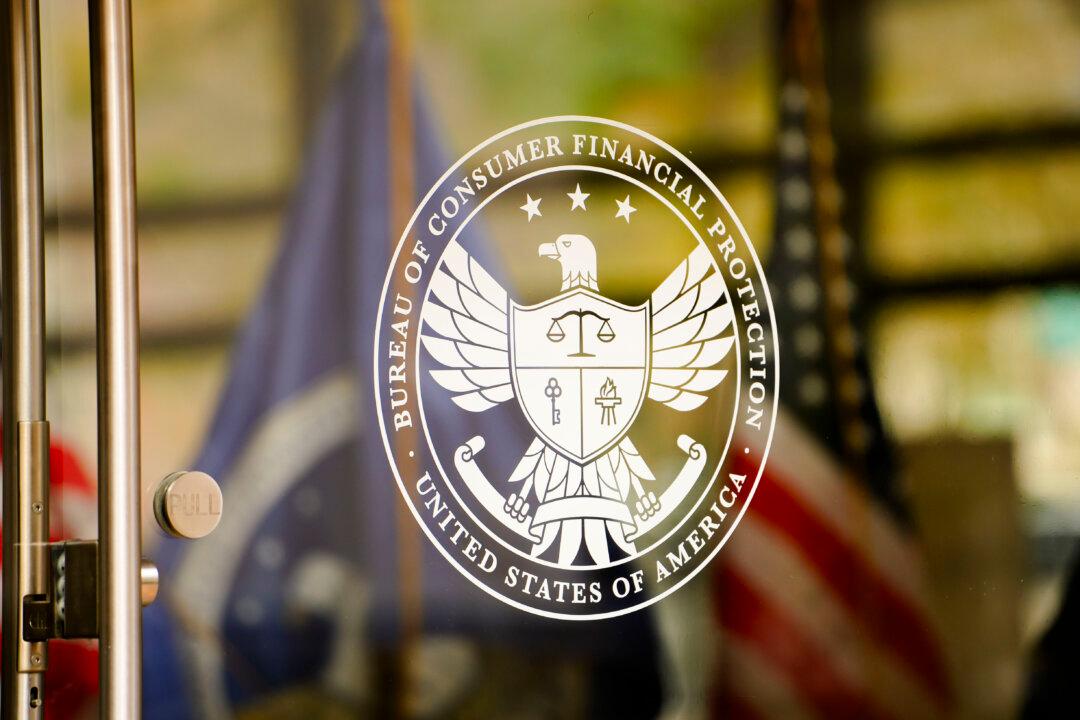The Consumer Financial Protection Bureau (CFPB) is distributing nearly $2 billion in refund checks to people scammed by credit repair services.
The CFPB stated in a Dec. 5 statement that 4.3 million consumers were charged “illegal advance fees or subjected to allegedly deceptive bait-and-switch advertising by a group of credit repair companies including Lexington Law and CreditRepair.com,” noting that the $1.8 billion payout was the largest distribution ever from the agency’s victims relief fund.





